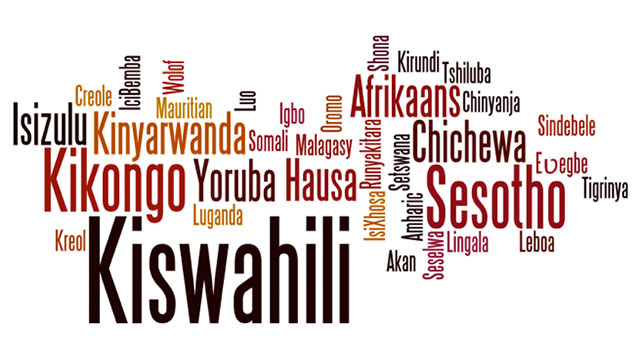Xhosa is a Bantu language spoken primarily in South Africa, particularly in the Eastern Cape, Western Cape, and Northern Cape provinces. It is one of the country's 11 official languages and is spoken by approximately 19 million people, making it one of the most widely spoken languages in South Africa. Xhosa belongs to the larger Nguni language group, which also includes Zulu, Swazi, and Ndebele. The language has a long history, deeply tied to the culture, traditions, and identity of the Xhosa people, one of the largest ethnic groups in South Africa. Xhosa has a rich oral tradition, with stories, proverbs, and songs that convey moral teachings, history, and communal values.
Xhosa is widely spoken in everyday life, especially in the rural areas of the Eastern and Western Cape provinces. While many people in urban areas may speak Xhosa alongside English or Afrikaans, it remains the dominant language in many communities. Xhosa is used in a variety of contexts, including education, media, and government, though English is often used in formal and official settings. The language is known for its distinctive click sounds, which are borrowed from the Khoisan languages, and these clicks are an important feature of Xhosa pronunciation. Additionally, the language has a system of noun classes, which affects the structure of sentences and agreement between words.
Translating Xhosa into English or vice versa can be challenging due to significant differences in grammar, syntax, and cultural context. One of the major challenges is the extensive use of noun classes in Xhosa, which categorizes nouns based on characteristics such as size, shape, or gender. This system does not have an exact equivalent in English, so translating between the two languages requires careful consideration of context. Additionally, Xhosa has many idiomatic expressions and proverbs that convey wisdom and social norms, and these can be difficult to translate directly into English. In translation, context plays a crucial role in ensuring that the meaning and cultural significance are accurately conveyed, as many Xhosa terms reflect deep cultural values and beliefs. Efforts to preserve the language through literature, education, and media have been important in keeping Xhosa vibrant and relevant in modern South Africa.

